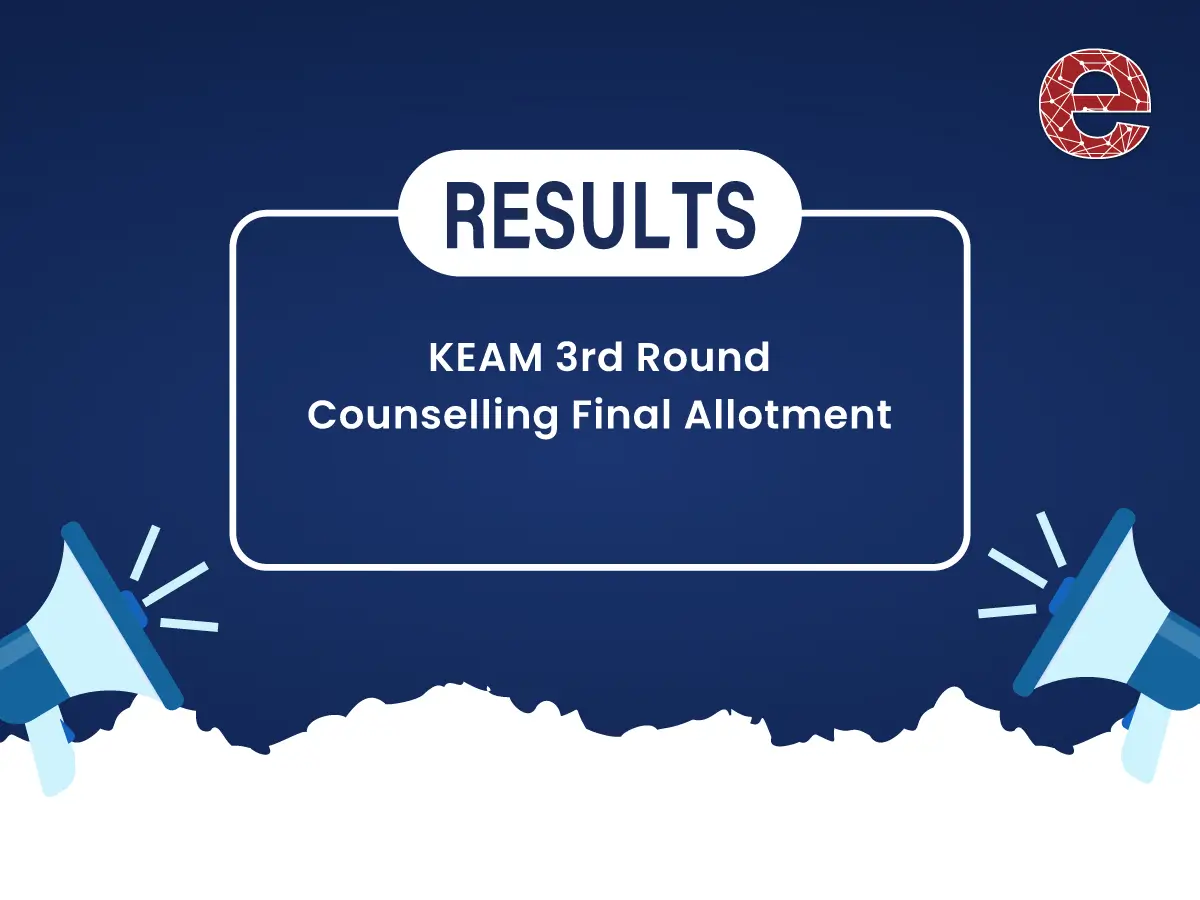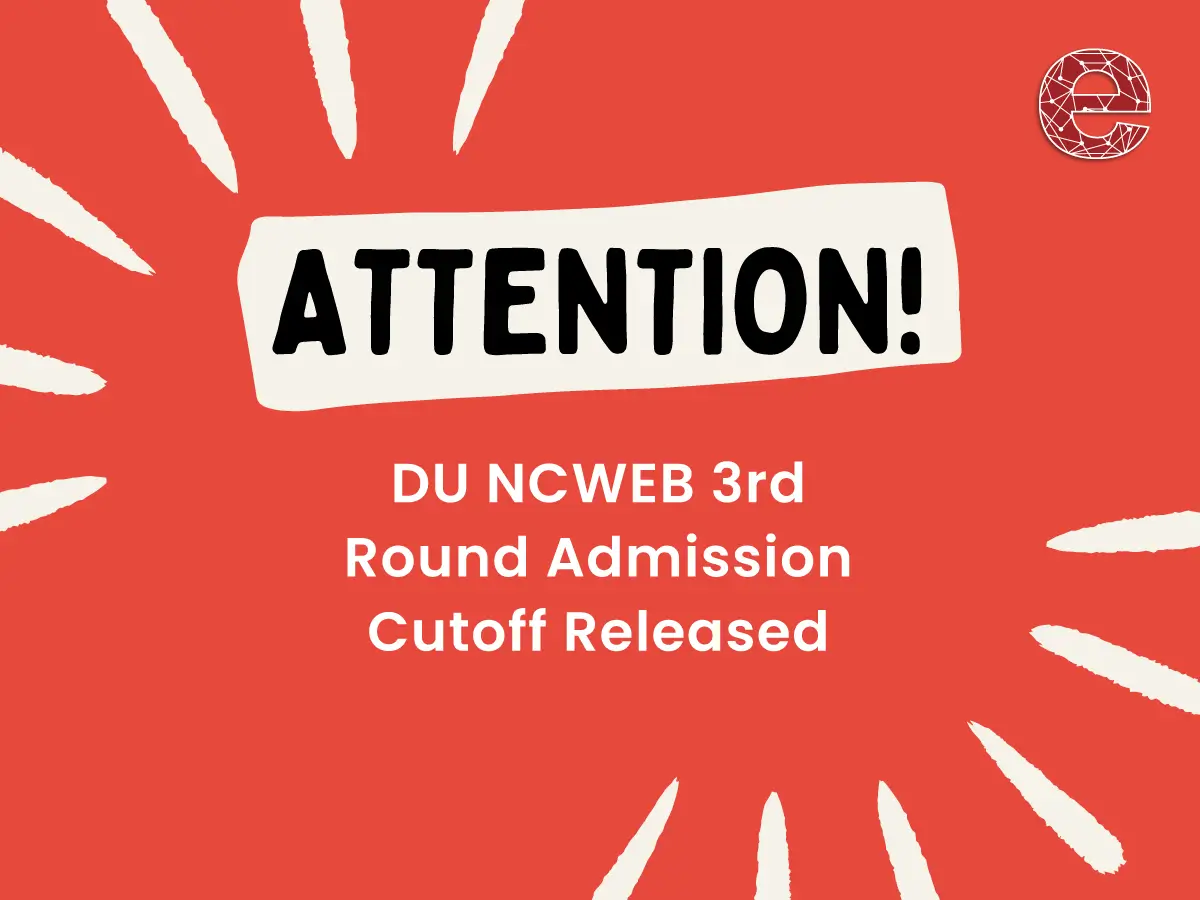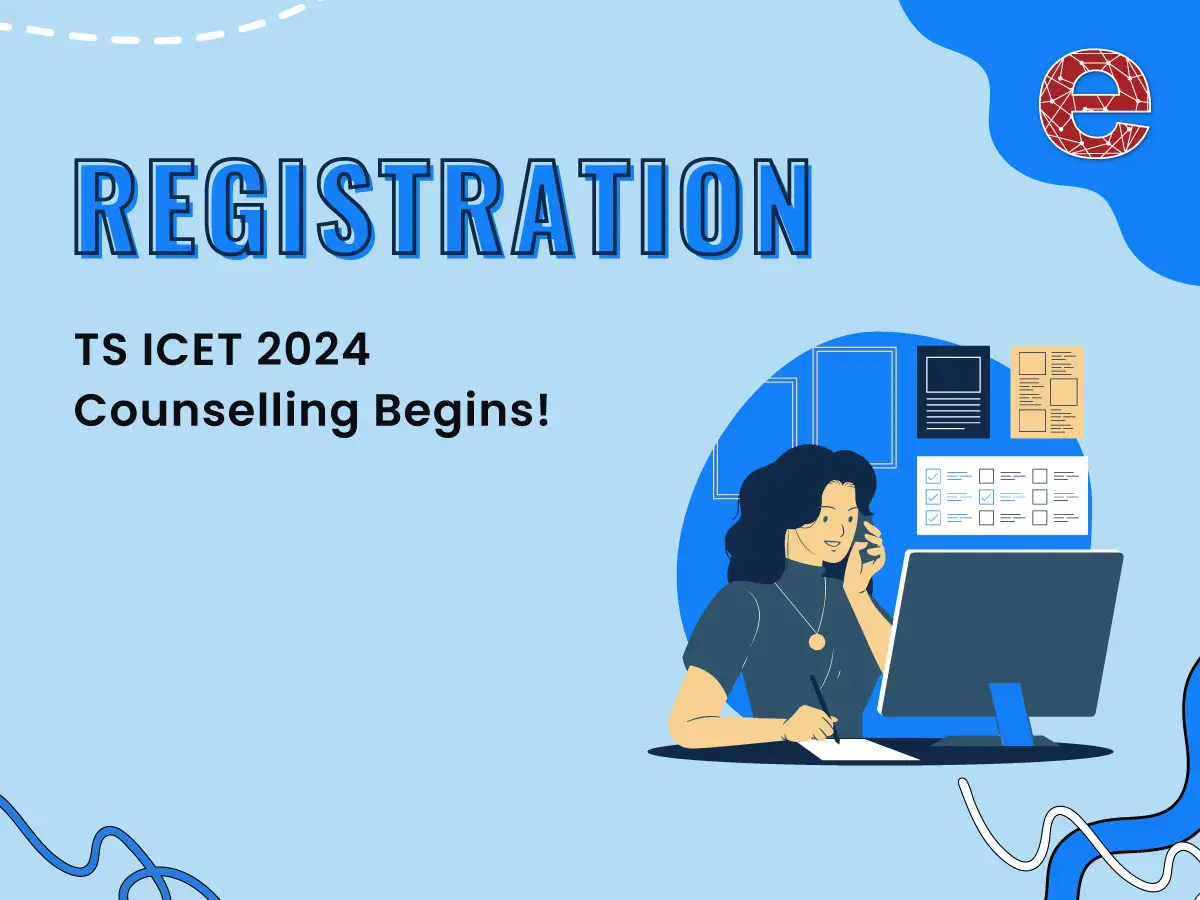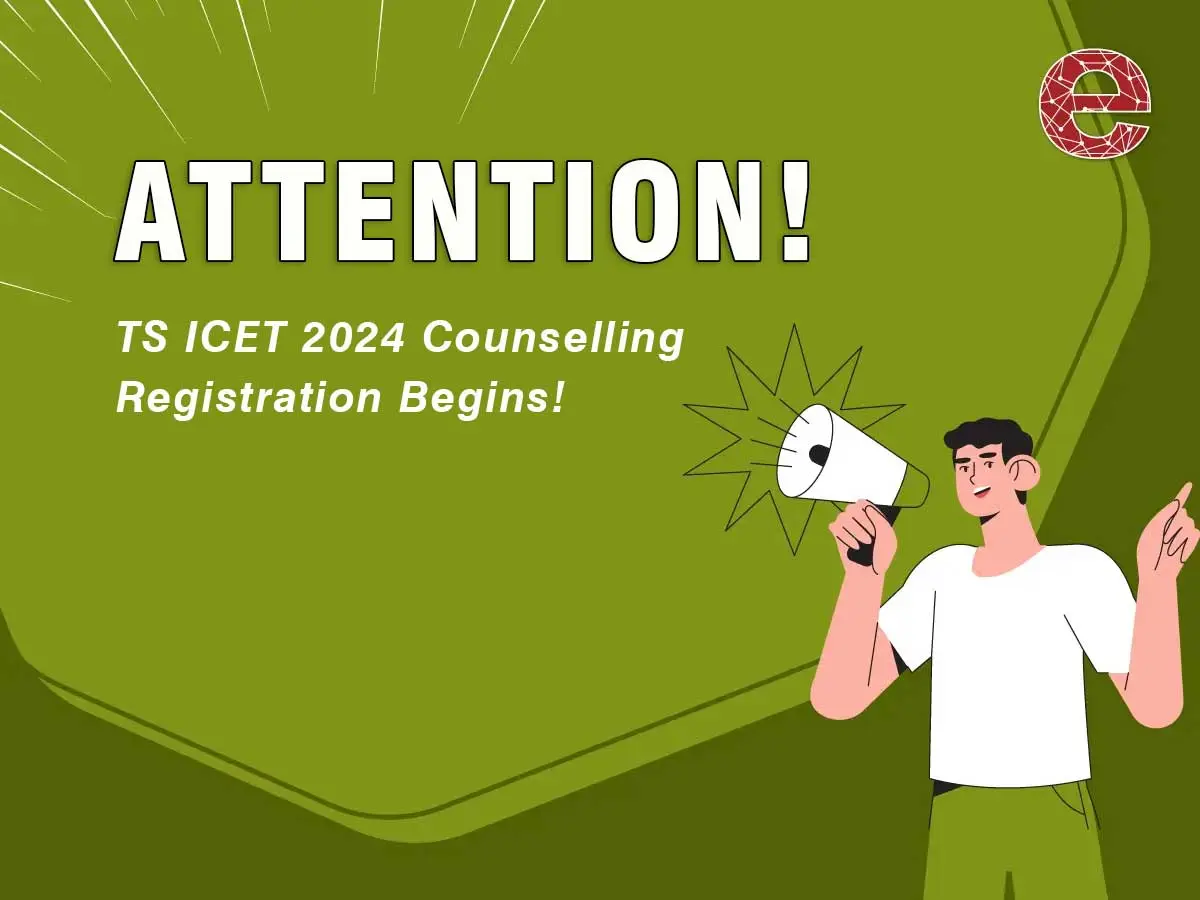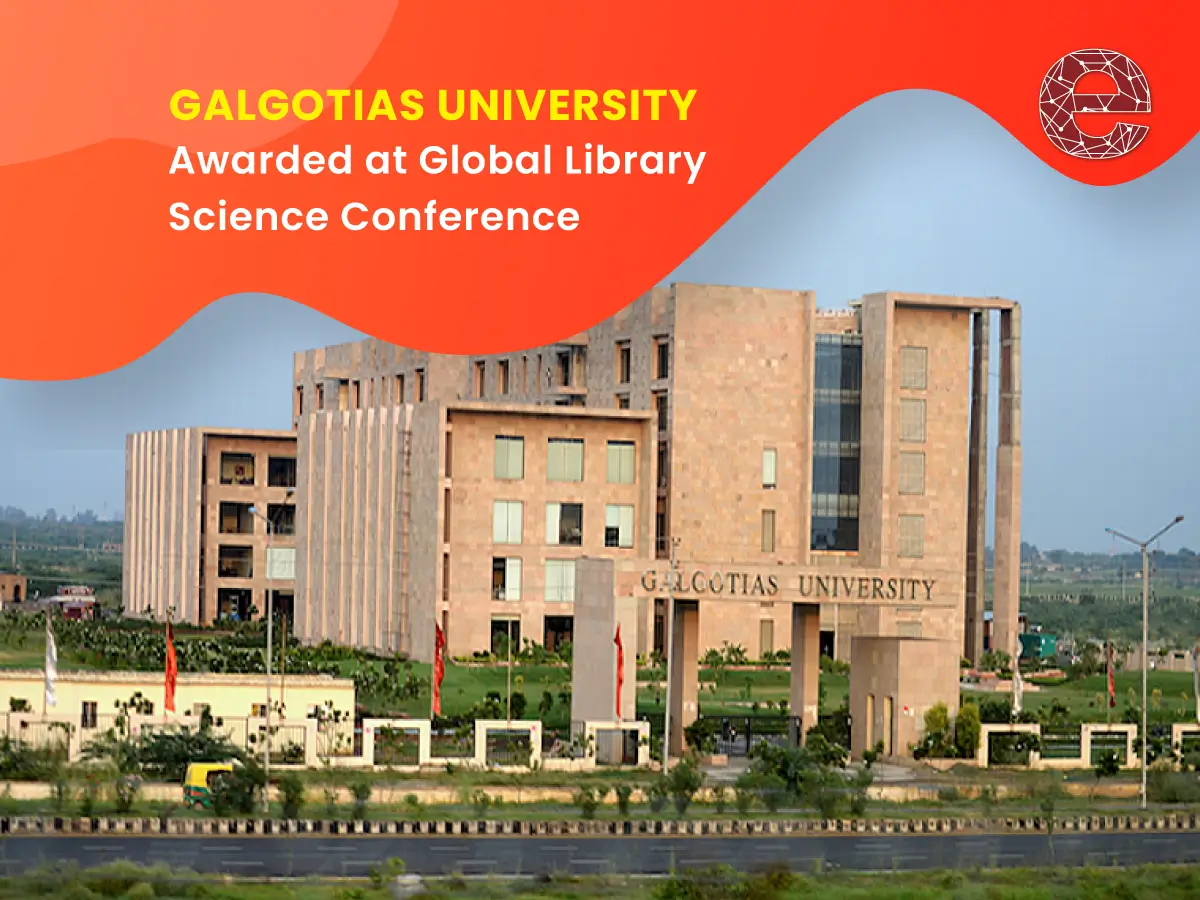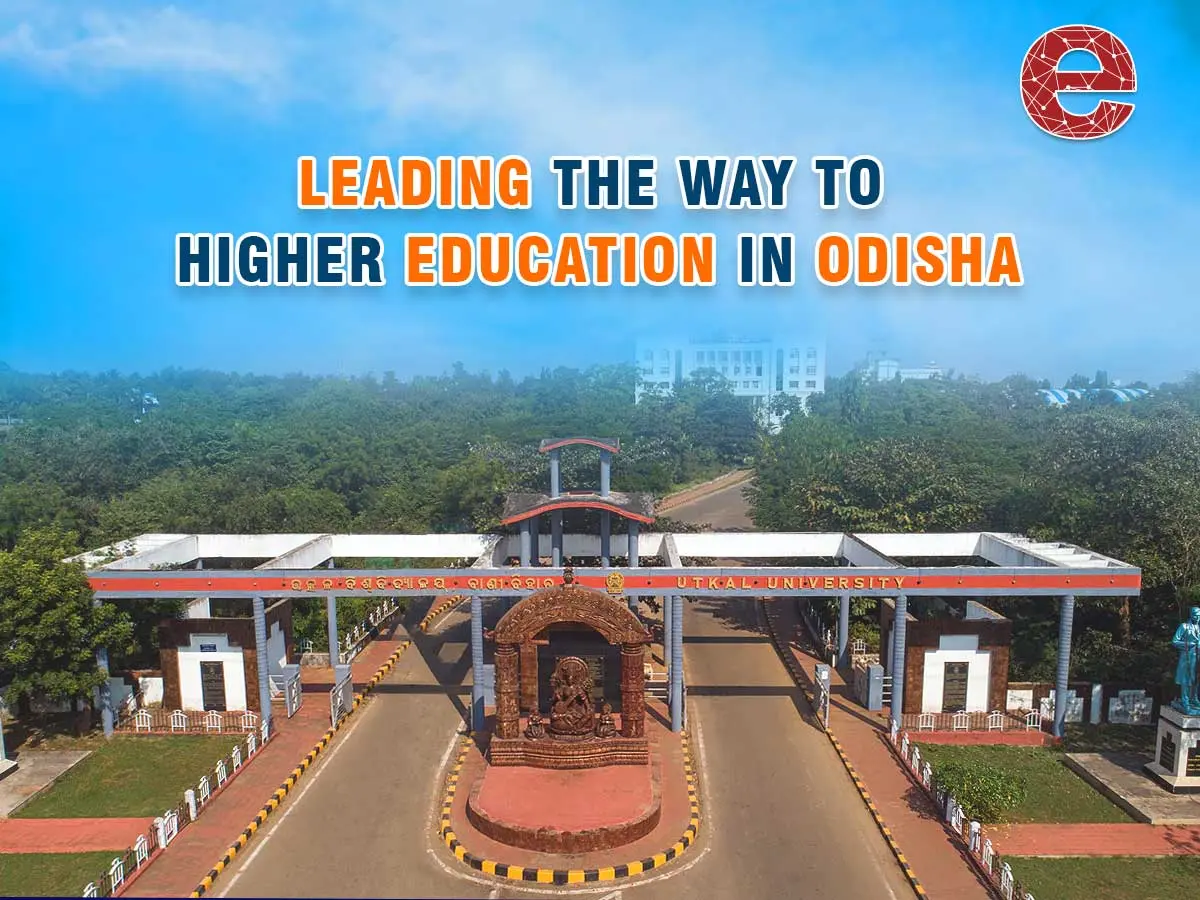Dark Web and Indian Exam Leaks: A Wake-Up Call for Educators
Tech Updates
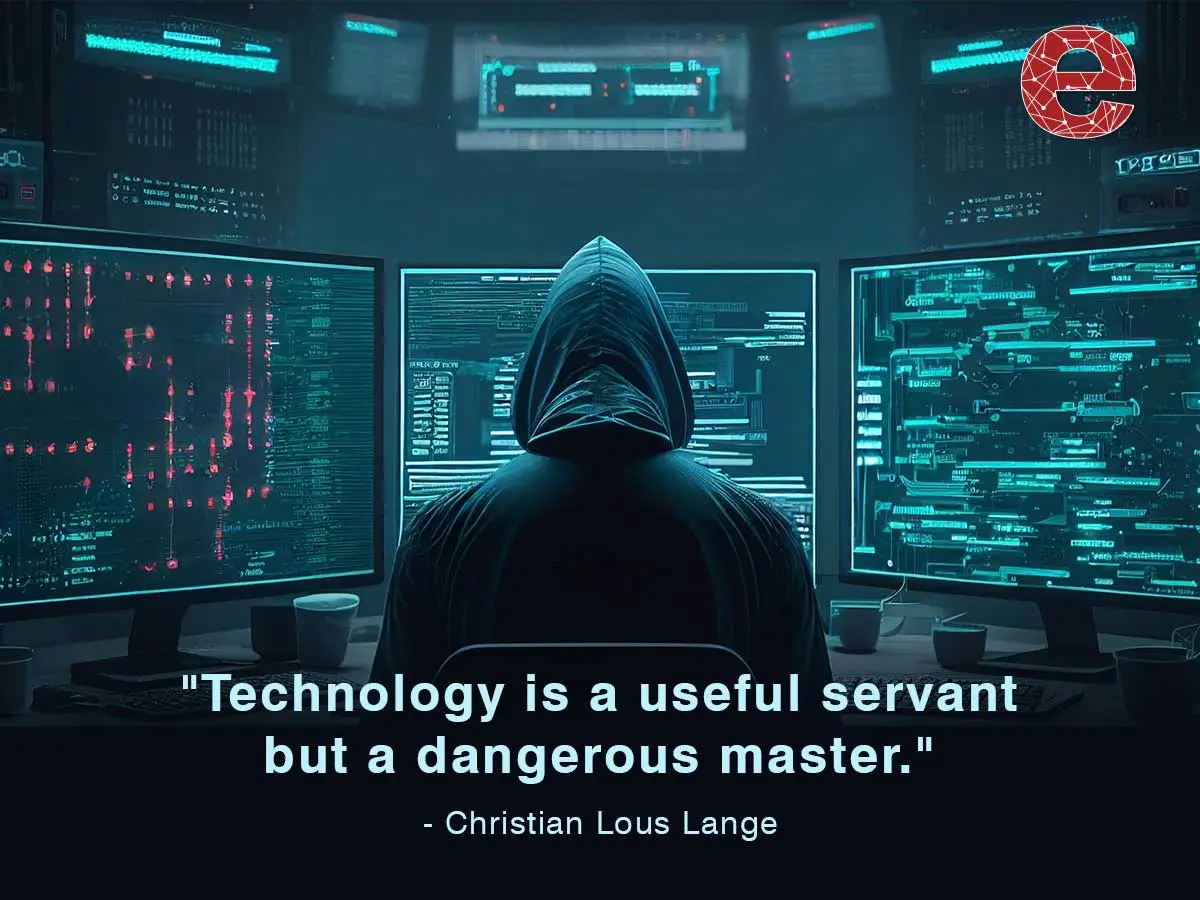
Please note: The agenda here is to raise awareness, not to guide users on accessing the dark web.
According to a report by cybersecurity firm Lisianthus, at least 20% of cybercrimes in India involve attackers exploiting the dark web. This hidden corner of the Internet has become a breeding ground for illegal activities, including exam paper leaks, posing a serious and urgent challenge to the nation's educational integrity. [Source 'The Hindu.' ]
The dark web, often confused with the deep web, is a hidden part of the Internet that is not indexed by traditional search engines like Google. It is accessed through specialised browsers like Tor, which anonymise user activity. While the dark web hosts some legitimate activities, it is also infamous for facilitating illegal operations like data theft, drug trafficking, and, alarmingly, exam paper leaks.
Is Browsing the Dark Web Illegal in India?
Simply accessing the dark web is not inherently illegal, but its association with criminal activities often leads to legal consequences for users engaged in illicit transactions. Governments and cybercrime departments worldwide closely monitor dark web activity to prevent misuse.
The Dark Web's Role in Indian Exam Leaks
The dark web has gained notoriety in India for its significant role in exam malpractice. Notably, leaked question papers for exams like NEET (National Eligibility cum Entrance Test) and NET (National Eligibility Test) have reportedly surfaced on dark web forums. This malpractice disrupts the integrity of these competitive exams, affecting millions of students who prepare diligently.
Recently, even SSC (Staff Selection Commission) exam papers were rumoured to be leaked via the dark web, further showcasing how such platforms are being misused to manipulate the education system.
Alarms for Educators and Students Regarding the Dark Web
-
Increased Paper Leaks: The dark web facilitates the illegal leaking of exam papers, undermining the credibility of competitive examinations.
-
Data Theft: Sensitive student and institutional data are often sold on dark web forums.
-
Cheating Services: Fraudulent services offering answers or proxy exam takers are rampant.
-
Exposure to Illegal Activities: Students exploring the dark web may unknowingly engage in or witness criminal activities.
-
Blackmail and Extortion: Cybercriminals use stolen data to target educators and students for extortion.
-
Erosion of Ethics: Accessibility to unfair means on the dark web can distort values among students.
-
Increased Stress: The fear of leaked papers and compromised results not only affects genuine students' mental health but also their overall well-being, highlighting the serious consequences of dark web activities.
-
Technological Vulnerability: Institutions may face cyber-attacks if their digital systems are insecure.
-
Impact on Careers: Being involved in dark web activities can have long-term consequences on students' careers.
-
Reputational Damage: Schools, colleges, and universities risk losing credibility due to such malpractice.
Best Means to Overcome These Threats
-
Awareness Campaigns: Conduct workshops to educate students and staff about the risks of the dark web.
-
Robust Cybersecurity: Implement strong firewalls, encryption, and multi-factor authentication in institutional systems.
-
Ethics Education: Teach the importance of integrity and consequences of engaging in malpractice.
-
Regular Monitoring: Use AI-based tools to monitor and detect unusual online activities.
-
Collaboration with Authorities: Partner with cybersecurity experts and law enforcement to tackle threats.
-
Strict Examination Policies: Use tamper-proof systems for question paper distribution and storage.
-
Encourage Reporting: Create a safe space for students and staff to report suspicious activities.
-
Digital Literacy Programmes: Help students understand the dangers of the internet, especially hidden platforms like the dark web.
-
Legal Awareness: Inform students about the legal implications of dark web involvement.
-
Parental Guidance: Engage parents in understanding and monitoring their children’s digital behaviour.
The dark web's misuse of exam leaks threatens the credibility of educational systems and the future of sincere students. It's time for educators and policymakers to join hands to safeguard the sanctity of examinations. Awareness and proactive measures can prevent this digital menace from undermining India's academic standards.
FAQs
-
What do dark web websites look like?
Dark web websites look similar to regular sites but end with .onion instead of .com or .co.
-
Who created the dark web?
The dark web originated in 2000 when Ian Clarke, an Irish student, launched Freenet for anonymous online communication.
-
How serious is the dark web?
The dark web poses risks, such as cybercrime, scams, and malware, so users should stay cautious and report suspicious activity.
-
Can police track you on the dark web?
Police can track users on the dark web, but it's challenging because the Tor browser masks identities.
-
Is Tor 100% safe?
Tor only protects apps configured to route traffic through it, so it doesn't safeguard all internet activity.
-
What is a dark web alert?
A dark web alert notifies you if your sensitive data, like credit card or login details, appears on the dark web.
You can also read - Machine learning as part of education.
- UGC-NET Paper Leak
- Ministry of Education


